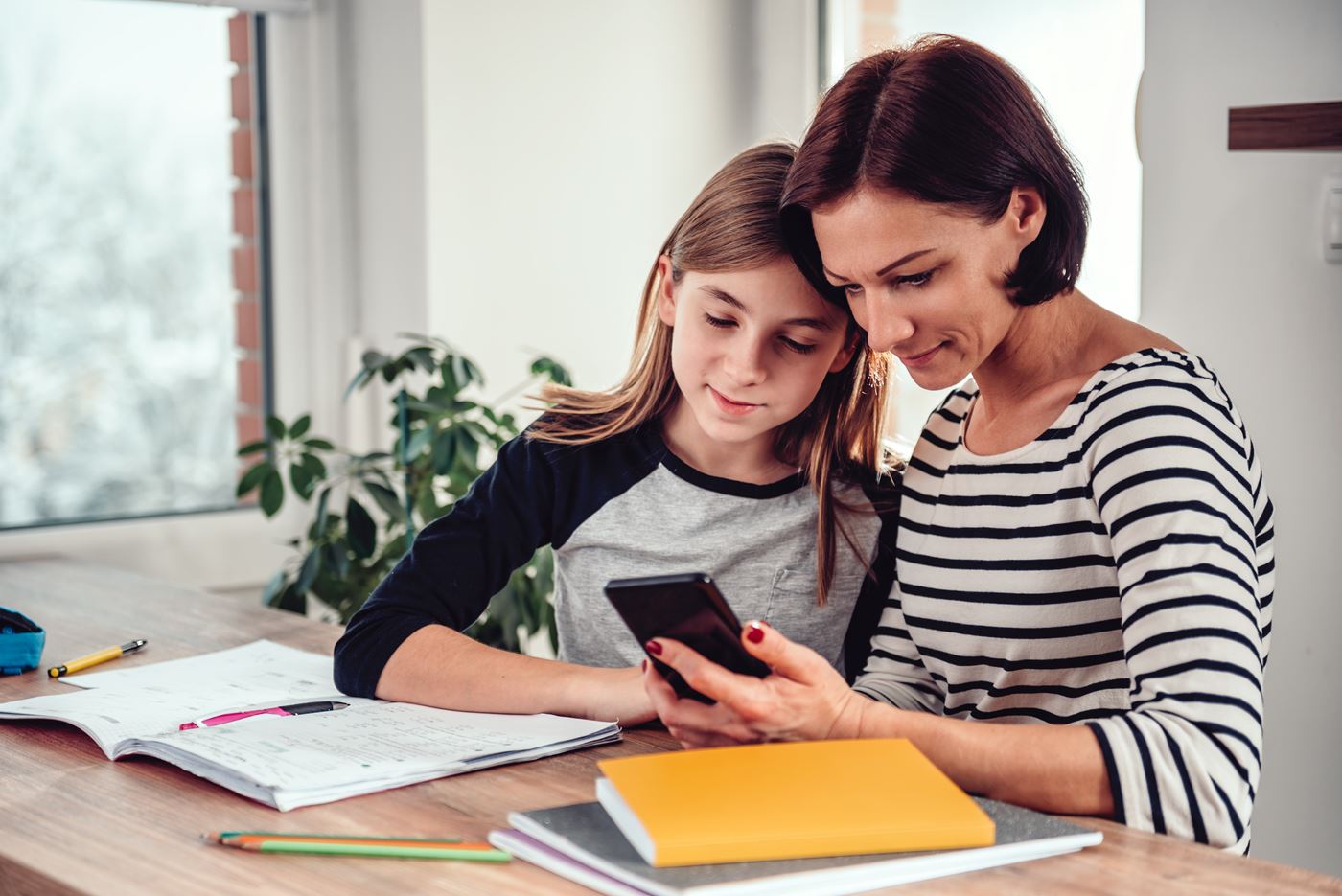The mental health of the nation’s children is a topic of significant discussion at the moment and technology, (particularly social media) is an area regularly under the microscope. The importance of mental wellbeing is now firmly established and the awareness of concepts such as ‘mindfulness’ and ‘growth mindset’ are part of the everyday conversations of teachers and school leaders.
If we step away from the concerns over social media for a moment, and look at the issue from a different angle, we can see that the way technology is used in schools has a powerful role to play in how it helps students to manage some of their anxieties.
Helping teachers to provide support
To start with, let us consider the role of the teacher, sometimes described as being in loco parentis, ie ‘in the place of the parent’. Teachers can effectively be seen as ‘co-parents’ of the child, in that they take responsibility for the child while they are on the school premises.
Now, we know that a common cause of stress in children is when parents argue a lot, or the family is breaking up through separation or divorce. If we consider the relationship between the family and school, then the risk of this occurring is even greater; remember, parents have actually chosen to live with each other so there must have been some strong basis for the relationship, at least initially. If they can have difficulties, then schools and families have to work even harder to maintain a good relationship. The importance of this relationship in the educational experience of the child cannot be overstated:
“Supporting the home-school relationship cannot be seen as an ‘added extra’ to the core business of schools. It is an essential factor in children’s learning and can inform the work of the school on many levels, including how the curriculum is taught, pastoral care, extra-curricular development and behaviour strategies.” [1]
Ensuring consistent communication with Parents
Any counsellor will tell you that one of the keys to a healthy relationship is good communication. So let us consider as teachers, how often do we actually talk meaningfully with parents? All too frequently, the main points of contact are through end of term reports or annual Parent’s Evenings. If anything takes place outside these particular windows, they are generally as a result of a concern and as such will tend to be stressful events.
If we can find a way to have regular, (ie daily, weekly) communication with parents then these issues will not have time to escalate and the stress levels for everyone concerned, (students, parents and teachers) should be lower. Ongoing communication and updates would also help to ensure that face to face meetings can be more meaningful, as the parents are already informed of their child’s day to day school experience.
Fortunately, there is a straightforward solution which most people already have access to, sitting in their pockets. The rise of mobile technology has been one of the most significant changes to society in recent years, with 67% of the world’s population estimated to own a mobile phone[2], and 90% of internet access taking place through a smartphone[3]. This form of technology is characterised by ease of access, personalization of experience and simplicity of use, and as such is the ideal channel for schools to fully engage their parents in the learning experience of their children.
Using a parent communication tool that is easily accessible
This being the case, when schools are selecting technology with a view to improve parental engagement, it is imperative that the platform provides a mobile app option. This will allow parents to ‘pull’ information from the school at a time that suits them, as well as giving the school the opportunity to ‘push’ important information to parents when appropriate. The more informed the parents are, the stronger the relationship between school and home will be, and as such less stress should be experienced by all parties. Put simply, if teachers and parents are able to collaborate easily, then the clearer the message that the student receives; there will be less chance of ambiguity and the student will feel more supported in their learning.
Helping students reach their full potential
The transformational impact of technology on teaching and learning is already well documented. However, there are many other factors that can have an effect on education; achievement, and the area of mental wellbeing is becoming better understood.
As the capabilities of Edtech continue to grow and evolve it will become equally important to consider the effect it might have on other factors affecting the learner. Mobile technology and apps in particular with their intuitive, frictionless approach to the user provide extraordinary opportunities for schools and parents to work together to give students the support they need to achieve the best outcomes.
“The relationship between home and school is a powerful influence on children’s learning and development, which digital technologies have the capacity to support and enhance.”[1]
[1]Grant, L. Developing the home-school relationship using digital technologies, 2010
[2]Pew Research Centre, Smartphone Ownership Is Growing Rapidly Around the World, but Not Always Equally, 2019
[3]Ofcom, The Communications Market Report 2016, 2016

